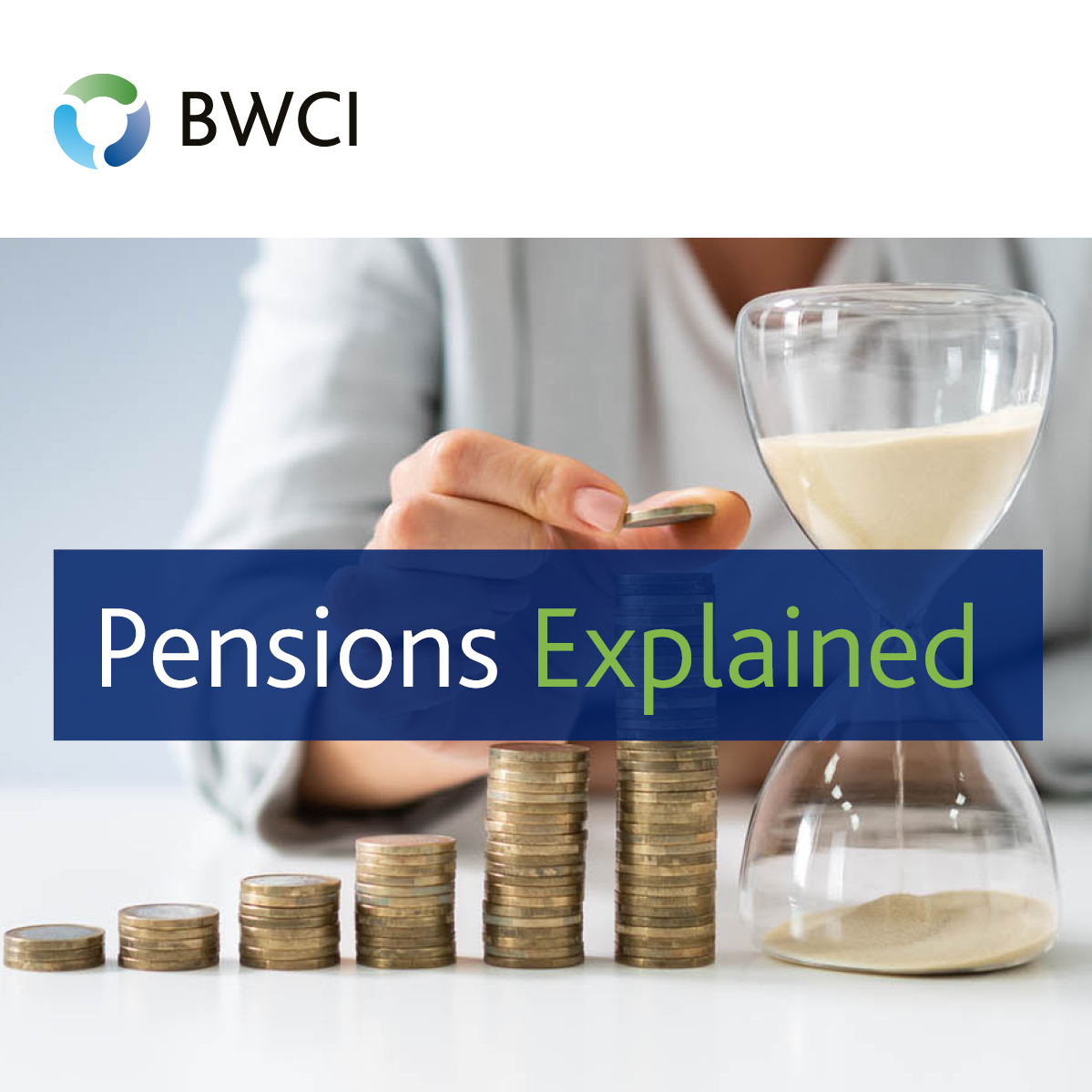The world of savings, budgeting and pensions is not top choice when it comes to reading material for most people. If we did a poll, out of the three listed, pensions often fall lower down on the to do list – partly because retirement always feels like ages away, and partly because saving or sorting it out feels laborious. So, we’re going to break it down for you and focus on something called secondary pensions.
A pension is a type of retirement plan that gives monthly income after you retire.
It’s essentially a fund into which a sum of money is added during an individual’s employment years; payments are then drawn to support the person’s retirement. Some people call it their ‘retirement salary’. There are three main types:
- The State Pension (paid by the State or Government)
- Occupational or Work Pensions
- Private/Personal Pensions (what it says on the tin)
Secondary pensions fall into number two on the list, they are very similar to ‘auto-enrolment’ work pensions in the UK. That means from January 2023 every employer must enrol their staff into a suitable pension scheme (subject to final approval from the States of Guernsey)
The proposals will include a phased introduction. This means that it will apply to larger employers (26+ employees) first, with smaller employers phased in over the following 15 months. Employer and employee each pays money into a pension scheme at a minimum level prescribed by the government, or in the case of Guernsey, the States.
One of the main reasons secondary pensions are becoming law is to tackle the financial challenges of an ageing population. Encouraging people to take more financial responsibility for later life is a key part of the strategy to address the problem.
If individuals save when working, it will increase their income in retirement. If individuals do not save for their retirement, they are likely to find themselves without enough money to live comfortably and find themselves having to claim benefits, such as income support.
For the individual, a secondary pension is good news as if you are employed but don’t get round to sorting your personal pensions; someone else – your employer – now can’t forget.
For financial providers or employers, this new legislation is a step in the right direction for Guernsey. Not only are employers going to be encouraging financial planning and education, but they are helping address support packages for the ageing population.
While employees will be automatically enrolled into the secondary pension scheme, it is only ‘semi-compulsory’, as they may have the choice to opt out, but this will depend on exact terms determined by each individual employer. However, should an employee opt out, their employer would need to re-enrol them again every 3 years.
If you choose to stay in the secondary pension, that’s two forms of income once you retire – your state pension and your secondary pension.

